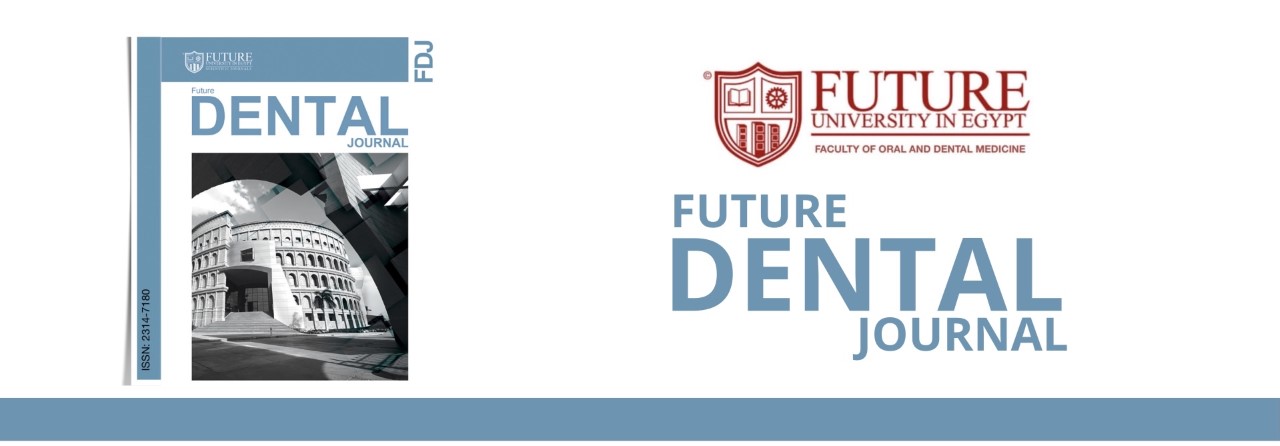
Abstract
Introduction: Facial soft tissue changes in relation to hard tissue movements after orthognathic surgery cases is always of concern to patients , surgical and orthodontics teams. The aim of the present study was to assess facial soft tissue changes and stability using 3D facial laser scanner after orthognathic surgery Le Forte I maxillary impaction in excessive gingival display patients. Methods: The subjects consisted of 12 patients with skeletal vertical maxillary excess (VME) causing an aesthetic concern to the patients in the form of “Gummy smile”, who underwent LeFort I osteotomy with maxillary impaction, Three-dimensional images of the patients were acquired with a 3D laser scanner preoperatively and postoperatively. The changes in facial soft tissue were detected using a colour coded map for analysis. Results: Significant change was recorded in the upper lip, alar base, nasolabial fold and nasal tip areas, without specification of this change in direction. Conclusions: The 3D images captured using the laser scanner in this study can be a useful tool for communication with both patients and professionals but cannot be relied upon solely for accurate analysis of the facial soft tissue changes. The colour coded map analysis cannot be relied upon solely as a method of analysis as it lacks an important aspect of the change which is the direction.
Recommended Citation
Alshazly AM, Taha MM, Barakat AA, Zein el Abdien MD. Evaluation Of Facial Soft Tissue Changes In Excessive Gingival Display Cases After Le Forte I Maxillary Impaction Surgery Using 3D Facial Surface Laser Scanner. Future Dental Journal. 2022; 7(2):84-89. doi: https://doi.org/10.54623/fdj.7022.
DOI
https://doi.org/10.54623/fdj.7022

